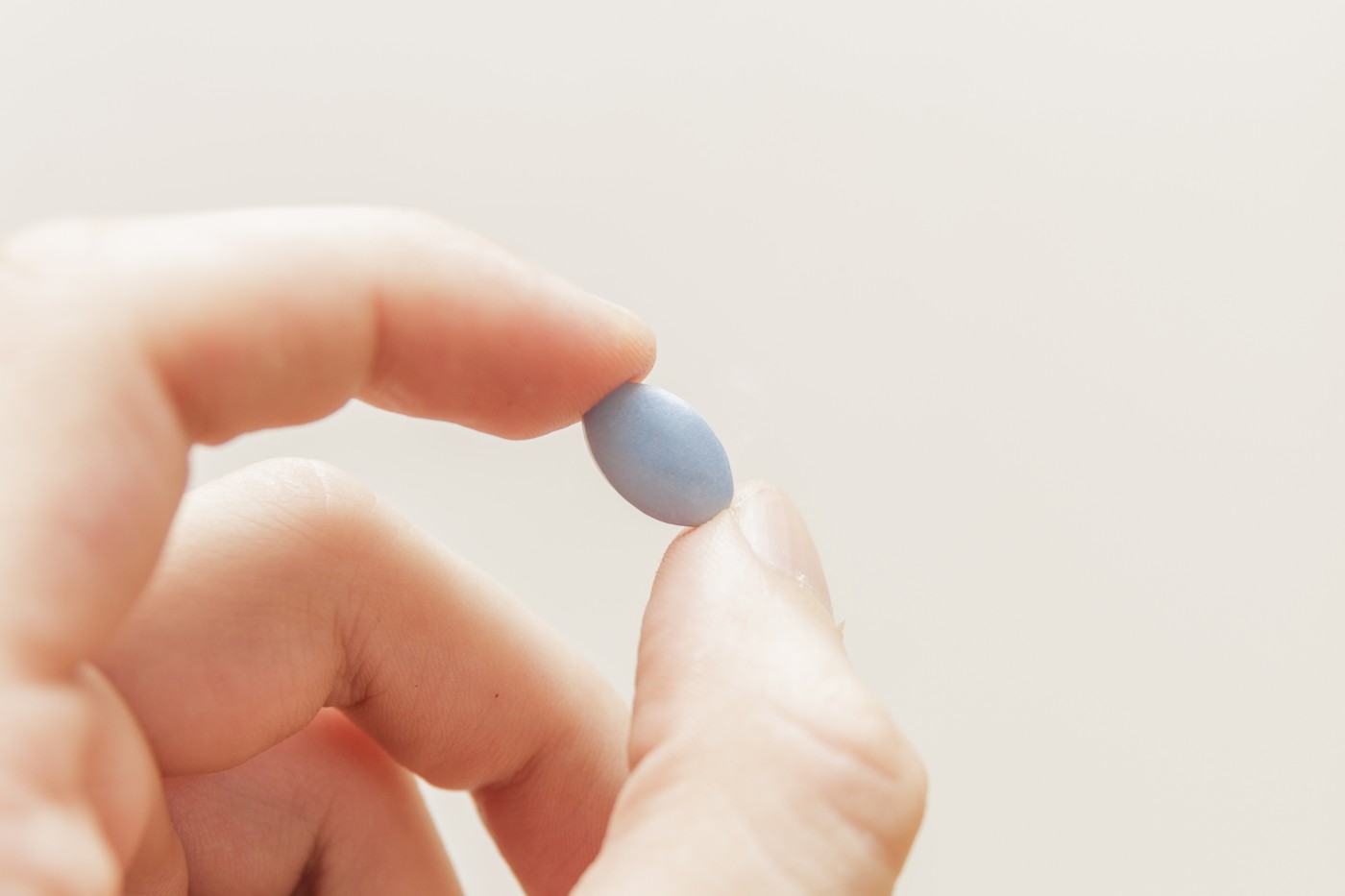Teriflunomide: A Powerful Treatment for Multiple Sclerosis

Introduction
Teriflunomide is an FDA-approved oral medication used for the treatment of relapsing forms of multiple sclerosis (MS). It helps slow disease progression, reduces relapse rates, and prevents new lesion formation. Marketed under brand names like Denopsy and Aubagio, this drug offers an effective and convenient treatment option for MS patients.
Looking for Teriflunomide-based medications? Check Denopsy 14 mg here or Aubagio 14 mg here.
How Teriflunomide Works
Teriflunomide works by inhibiting dihydroorotate dehydrogenase (DHODH), an enzyme crucial for T-cell proliferation. Since MS is an autoimmune disorder where the immune system attacks the nervous system, Teriflunomide helps suppress overactive immune responses, thereby reducing inflammation and preventing nerve damage.
Key Benefits of Teriflunomide
- Reduces relapse rates in relapsing-remitting multiple sclerosis (RRMS).
- Slows down MS progression, preserving mobility and daily function.
- Prevents the formation of new MS lesions, as seen in MRI scans.
- Convenient oral dosage, unlike injectables used in MS treatment.
Uses of Teriflunomide
Teriflunomide is primarily prescribed for:
- Relapsing-Remitting Multiple Sclerosis (RRMS) – Helps manage flare-ups and prevents relapses.
- Clinically Isolated Syndrome (CIS) – Used in early MS symptoms to delay disease progression.
By modulating the immune response, Teriflunomide helps maintain neurological function and enhances quality of life for MS patients.
Denopsy 14 mg vs. Aubagio 14 mg: What’s the Difference?
Both Denopsy 14 mg and Aubagio 14 mg contain Teriflunomide and function identically in treating MS. The key differences lie in branding and pricing, but both are reliable treatment options.
How to Take Teriflunomide
- Dosage: Standard dose is 14 mg once daily.
- Administration: Taken orally, with or without food.
- Consistency is Key: It should be taken daily to maintain its effects.
Side Effects of Teriflunomide
While generally well-tolerated, some possible side effects include:
- Headache and nausea
- Hair thinning
- Liver enzyme elevation (regular monitoring recommended)
- Mild diarrhoea
- Fatigue and weakness
Serious side effects are rare but should be discussed with a doctor.
FAQs
1. How long does Teriflunomide take to work?
Results vary, but patients may experience reduced relapse rates within the first few months.
2. Can Teriflunomide cure multiple sclerosis?
No. MS has no cure, but Teriflunomide effectively manages symptoms and slows disease progression.
3. Is Teriflunomide safe for long-term use?
Yes, it is approved for long-term management of MS, but regular liver function tests are recommended.
Conclusion
Teriflunomide is a trusted and effective treatment for relapsing forms of multiple sclerosis. Available as Denopsy 14 mg and Aubagio 14 mg, it helps reduce relapses, prevent lesion formation, and slow MS progression, improving overall quality of life.



